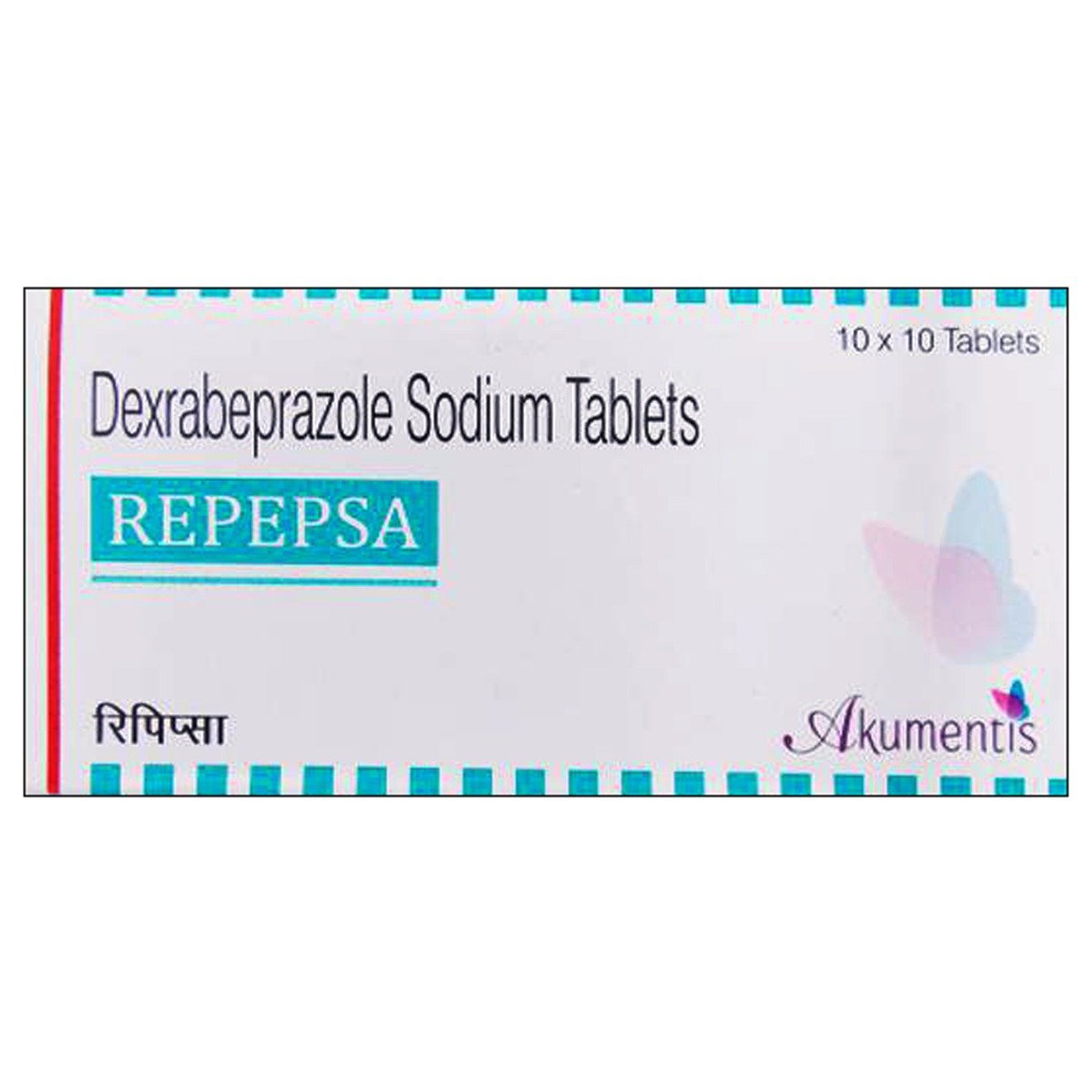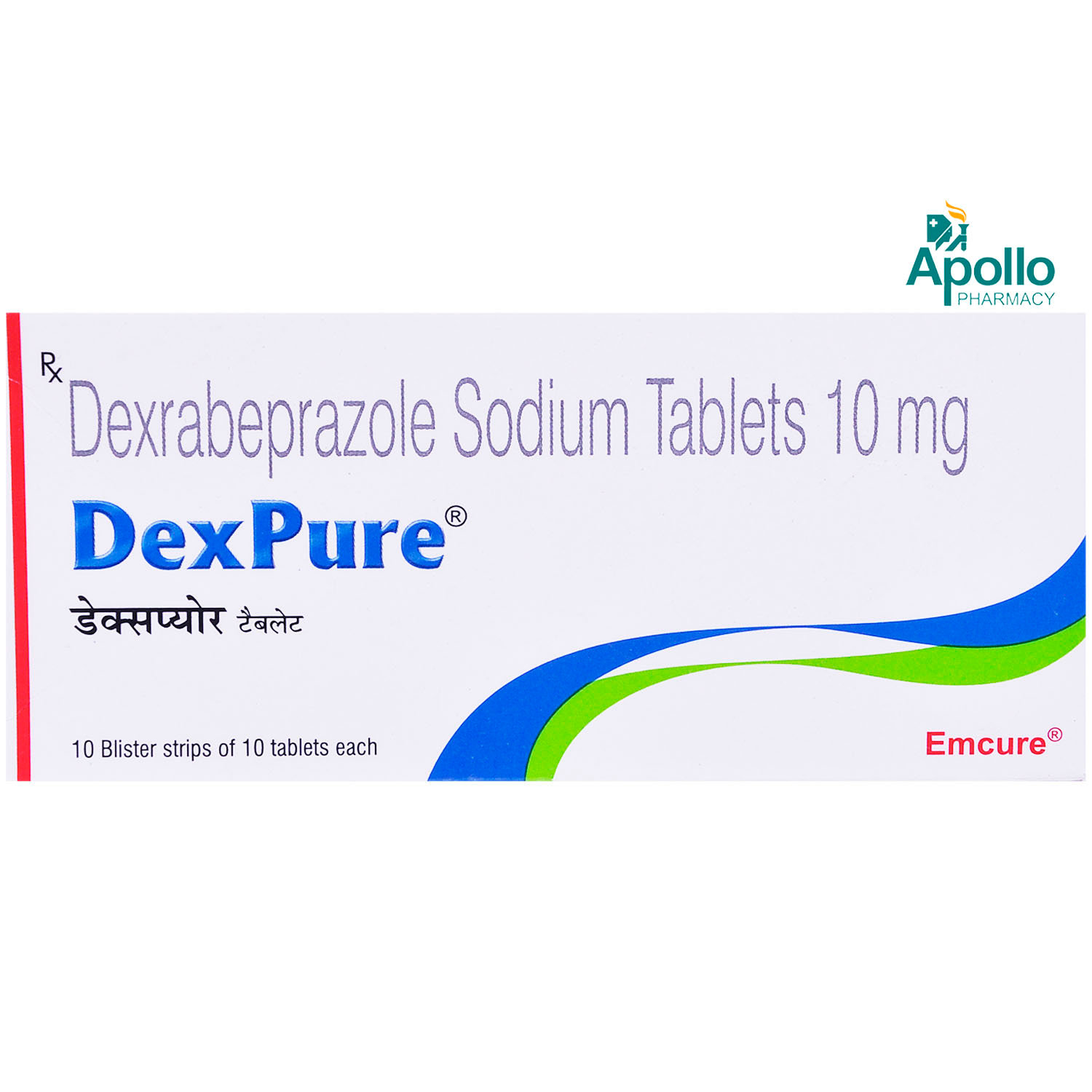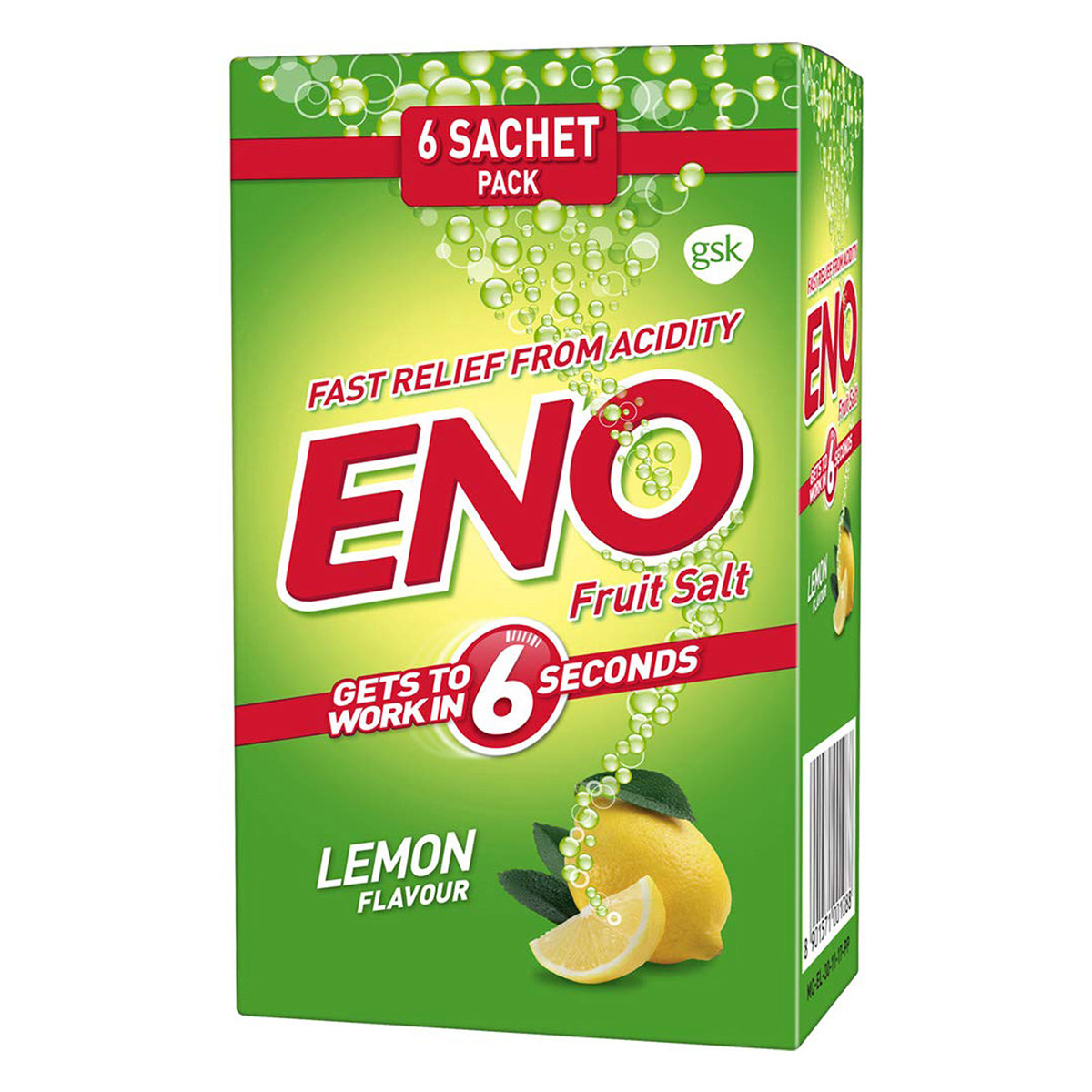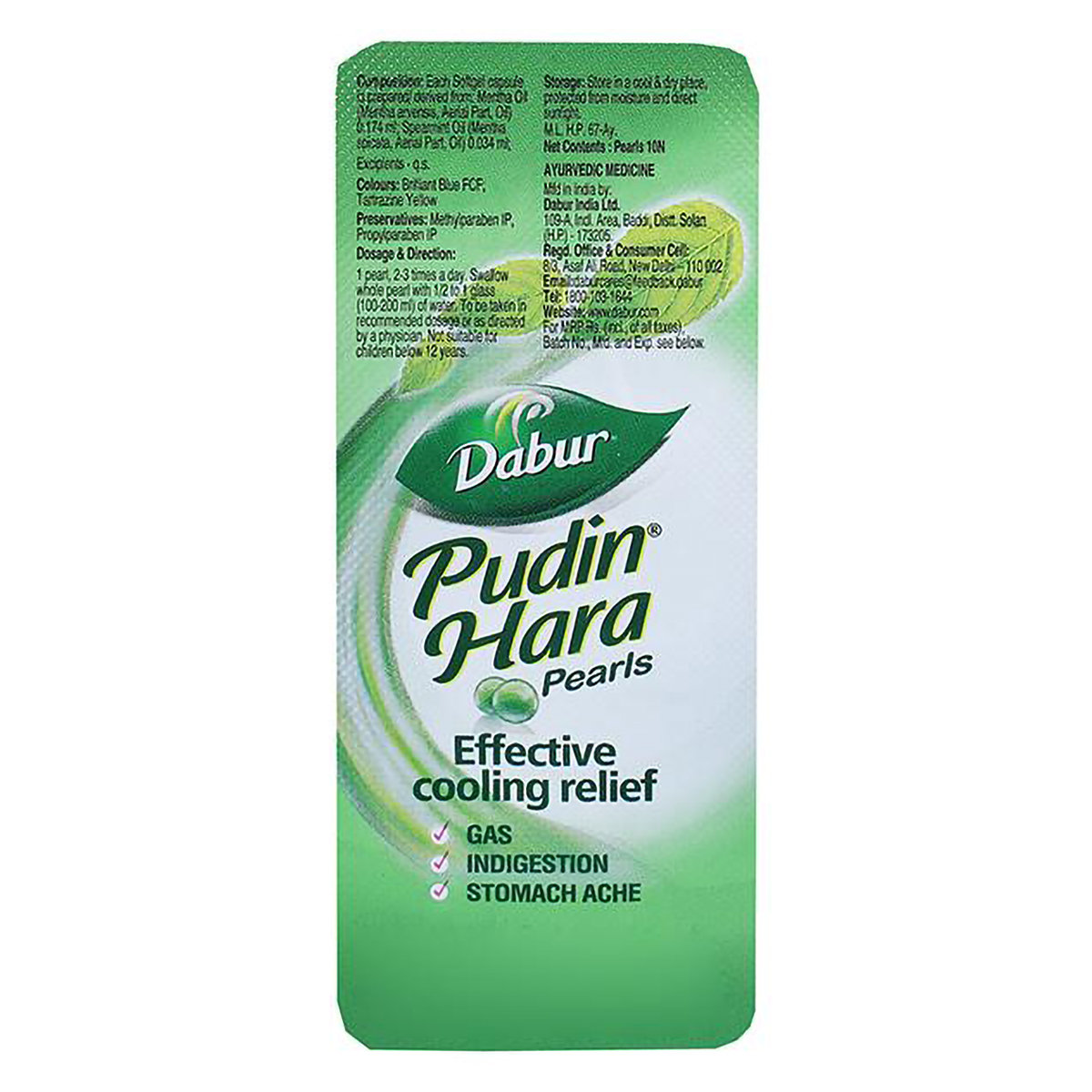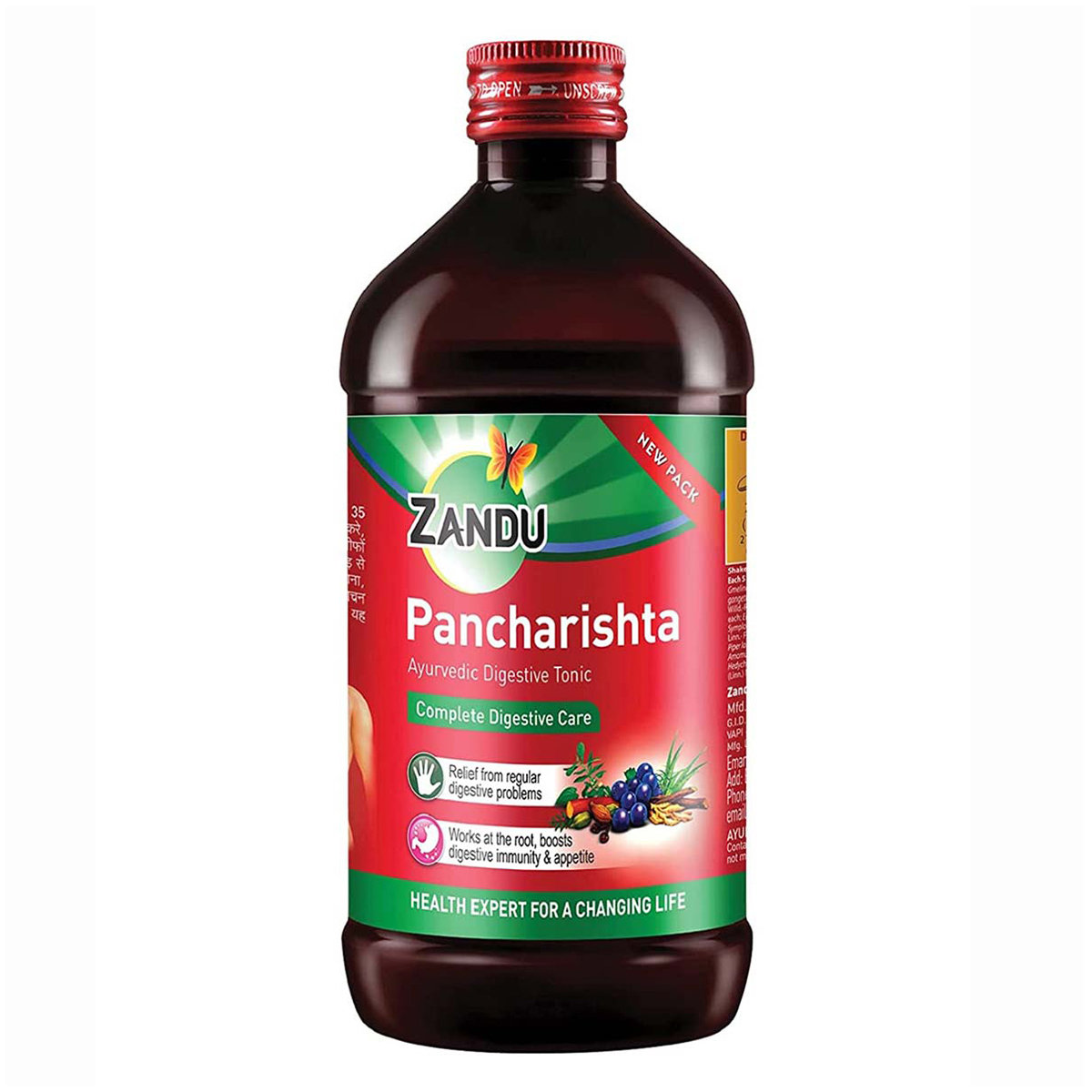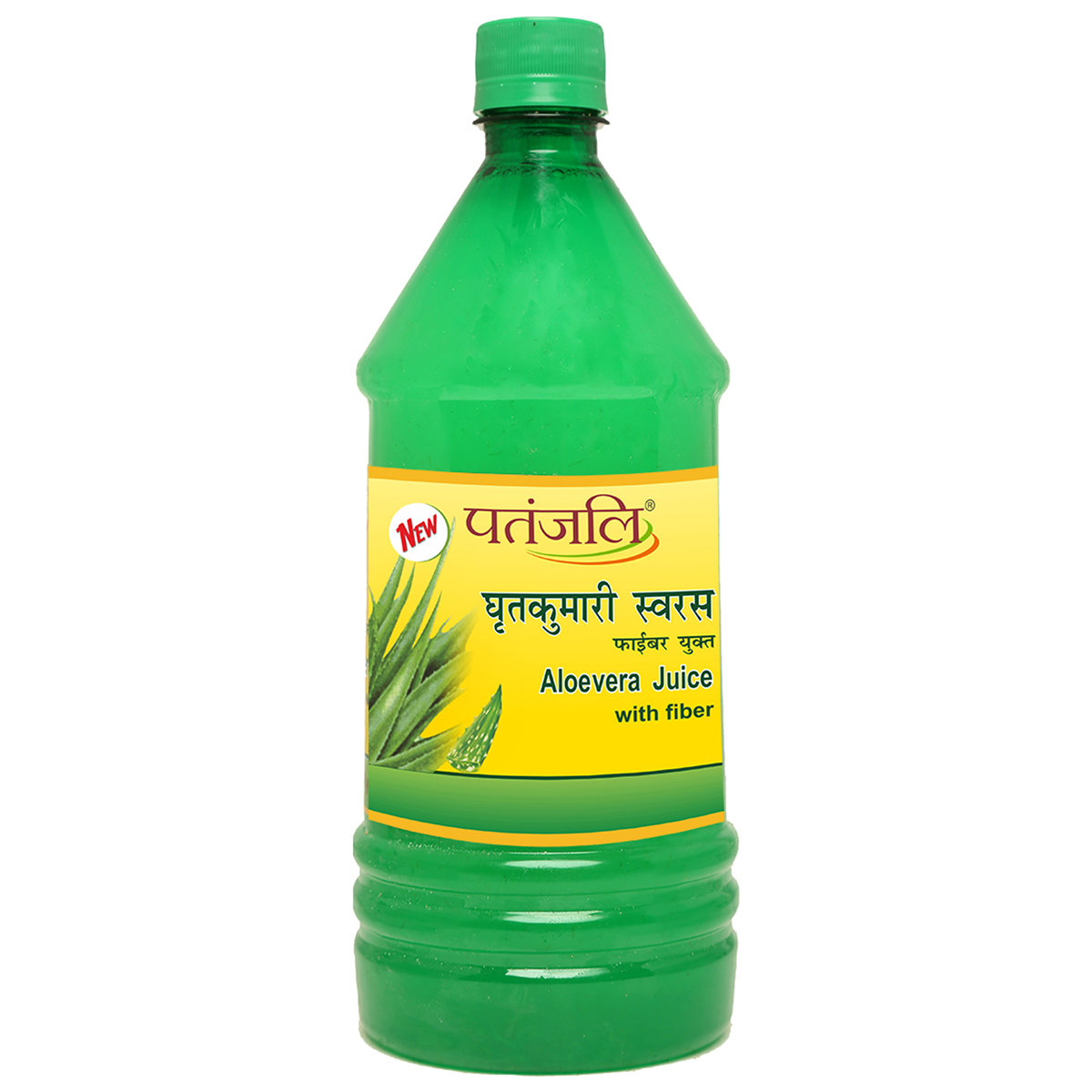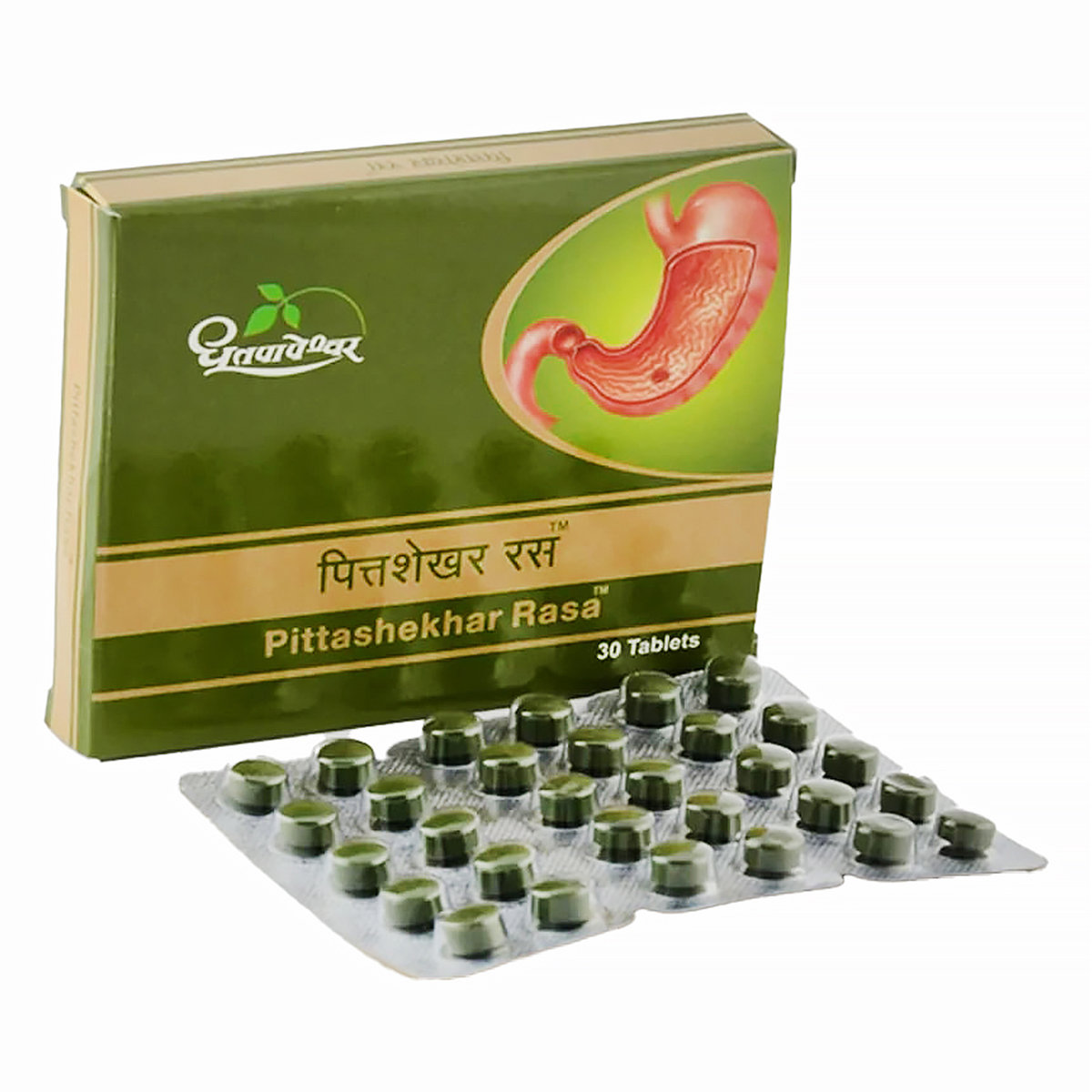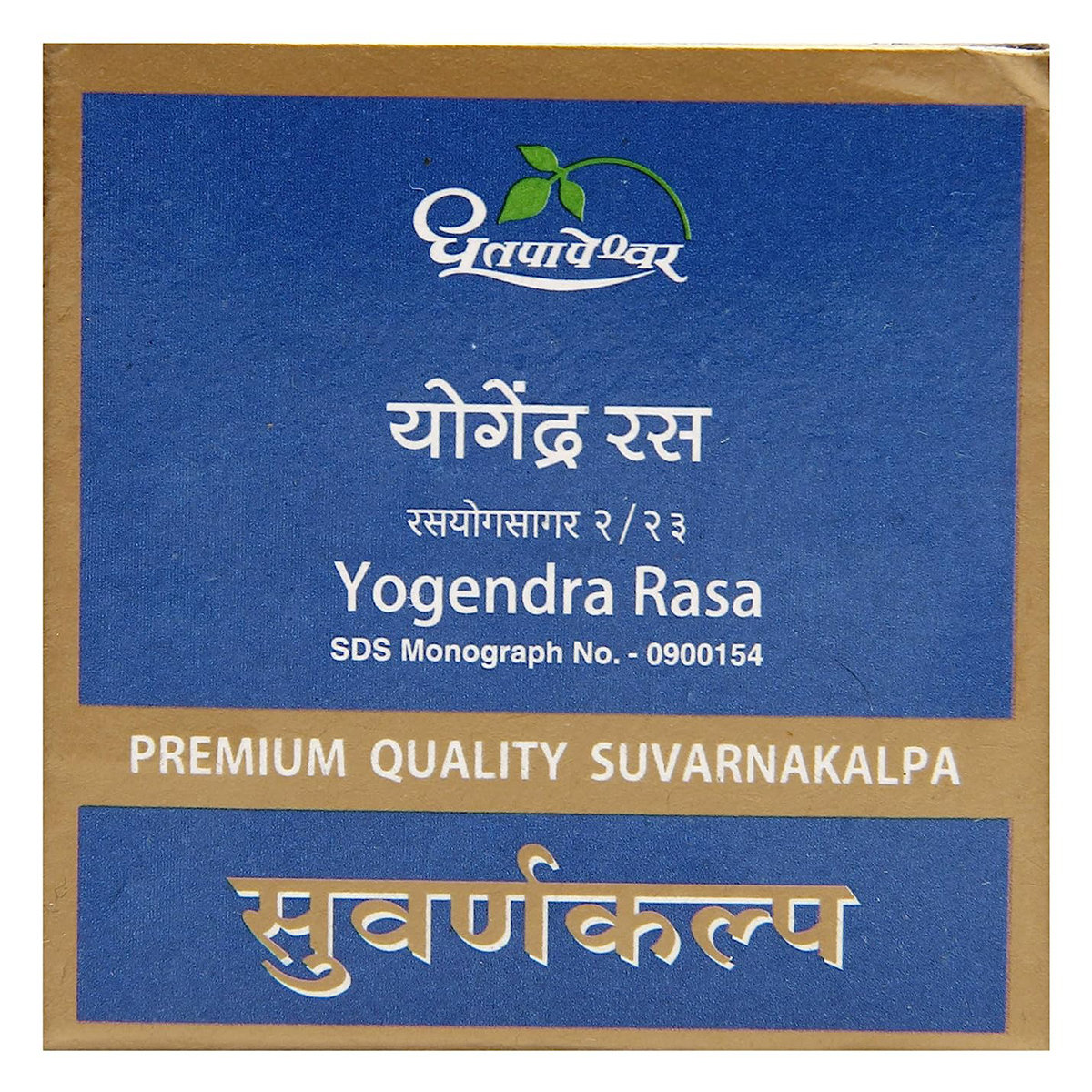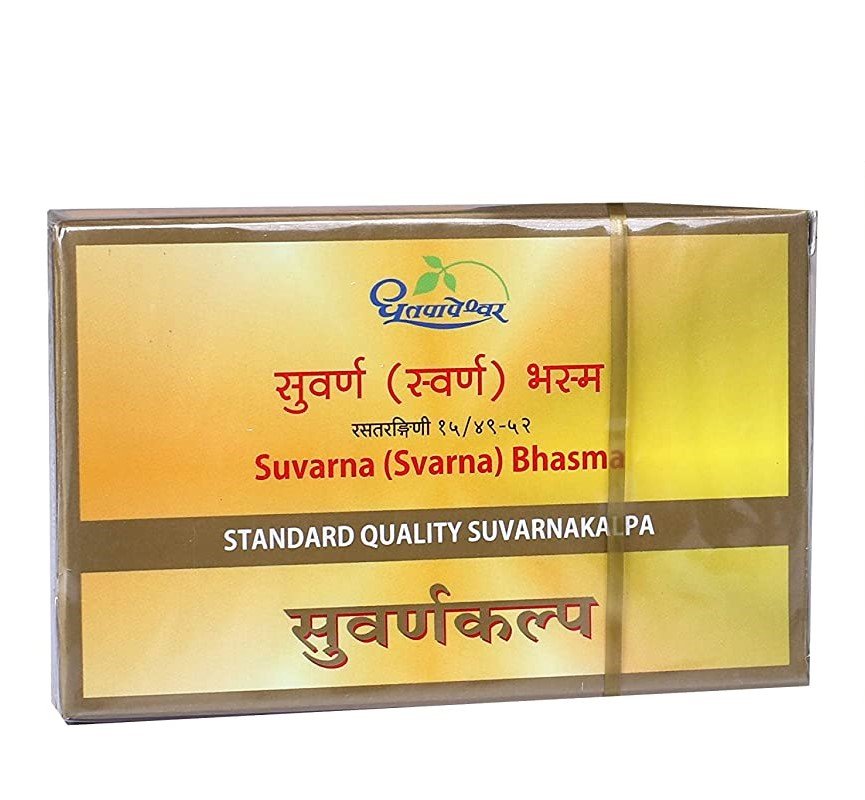Dexlet 10 Tablet

MRP ₹98
(Inclusive of all Taxes)
₹14.7 Cashback (15%)
know your delivery time
Provide Delivery Location
Composition :
Manufacturer/Marketer :
Consume Type :
Expires on or after :
Return Policy :

Secure Payment

Trusted by 8 Crore Indians

Genuine Products
Therapeutic Class
Country of origin
Manufacturer/Marketer address
Author Details
We provide you with authentic, trustworthy and relevant information
Disclaimer
Alcohol
Safe if prescribed
Avoid alcohol consumption as it may lead to increased production of stomach acid, thereby irritates the stomach lining and worsen the symptoms.
Pregnancy
Consult your doctor
Dexlet 10 Tablet is a category B pregnancy drug and is given to pregnant women only if the doctor thinks benefits outweigh risks. Please consult a doctor if you are pregnant.
Breast Feeding
Consult your doctor
Dexlet 10 Tablet is usually contraindicated in breastfeeding mothers. Therefore, please consult a doctor before taking Dexlet 10 Tablet if you are breastfeeding.
Driving
Safe if prescribed
Dexlet 10 Tablet may cause drowsiness in some people. Therefore, avoid driving or operating machinery if you feel drowsy after taking Dexlet 10 Tablet .
Liver
Consult your doctor
Take Dexlet 10 Tablet with caution, especially if you have a history of Liver diseases/conditions. The dose may be adjusted by your doctor as required.
Kidney
Consult your doctor
Take Dexlet 10 Tablet with caution, especially if you have a history of Kidney diseases/conditions. The dose may be adjusted by your doctor as required.
Children
Safe if prescribed
Dexlet 10 Tablet is not recommended for children as the safety and effectiveness were not established.
Product Substitutes
About Dexlet 10 Tablet
aDexlet 10 Tablet belongs to a class of drugs called 'proton pump inhibitors' used to treat gastroesophageal reflux disease (GERD), peptic ulcers and Zollinger-Ellison syndrome. Gastroesophageal reflux disease (GERD) occurs when stomach acid frequently flows back into the food pipe (oesophagus). Peptic ulcers are sores that develop on the inner lining of the intestine and stomach. Zollinger-Ellison syndrome is characterised by the formation of tumours in the upper part of the small intestine, which leads to excess acid production.
Dexlet 10 Tablet contains 'Dexrabeprazole' that works by blocking the action of proton pumps that are involved in producing stomach acid. Thereby, Dexlet 10 Tablet reduces the amount of acid produced by the stomach and prevents excess acid from flowing back into the food pipe. Thus, it provides relief from heartburn symptoms related to acid reflux.
Take Dexlet 10 Tablet as prescribed by your doctor. You are advised to take Dexlet 10 Tablet for as long as your doctor has prescribed it for you based on your medical condition. In some cases, you may experience diarrhoea, nausea, vomiting, headache, dizziness, stomach pain or constipation. Most of these side effects of Dexlet 10 Tablet do not require medical attention and gradually resolve over time. However, if the side effects persist or worsen, please consult your doctor.
If you are allergic to Dexlet 10 Tablet or any other medicines, please tell your doctor. Dexlet 10 Tablet is not recommended for children as safety and effectiveness were not established. If you are pregnant or breastfeeding, please inform your doctor before taking Dexlet 10 Tablet . Drive only if you are alert as Dexlet 10 Tablet may cause drowsiness. Avoid alcohol consumption as it may lead to increased production of stomach acid, thereby increasing acidity and heartburn. Inform your doctor if you have any risk factors for reduced vitamin B12 as Dexlet 10 Tablet may reduce the absorption of vitamin B12. If you get any skin rash, particularly in areas exposed to sun or pain in joints, inform your doctor.
Uses of Dexlet 10 Tablet
Medicinal Benefits Mweb
Key Benefits
Dexlet 10 Tablet contains Dexrabeprazole used to treat gastroesophageal reflux disease (GERD), peptic ulcers, and Zollinger-Ellison syndrome. Dexlet 10 Tablet blocks the action of proton pumps that are involved in producing stomach acid. Thereby, Dexlet 10 Tablet reduces the amount of acid produced by the stomach and prevents excess acid from flowing back into the food pipe. Thus, it provides relief from heartburn symptoms related to acid reflux. Also, Dexlet 10 Tablet may be used in combination with clarithromycin and amoxicillin (antibiotics) to eradicate Helicobacter pylori (a type of bacteria) from the stomach in patients with peptic ulcers.
Directions for Use
Side Effects of Dexlet 10 Tablet
- Diarrhoea
- Nausea
- Vomiting
- Headache
- Dizziness
- Stomach pain
- Constipation
Drug Warnings
If you are allergic to Dexlet 10 Tablet or any other medicines, please tell your doctor. Dexlet 10 Tablet is not recommended for children as safety and effectiveness were not established. If you are pregnant or breastfeeding, please inform your doctor before taking Dexlet 10 Tablet . If you have a stomach tumor, liver problems, low magnesium levels in the blood, osteoporosis (weak and brittle bones), or lupus (an autoimmune disorder), inform your doctor before taking Dexlet 10 Tablet . Inform your doctor if you have any risk factors for reduced vitamin B12 as Dexlet 10 Tablet may reduce the absorption of vitamin B12. If you get any skin rash, particularly in areas exposed to sun or pain in joints, inform your doctor. If you are taking Dexlet 10 Tablet for more than 1 year, it may increase the risk of fracture of the spine, hip, or wrist. Drive only if you are alert as Dexlet 10 Tablet may cause drowsiness. Avoid alcohol consumption as it may lead to increased production of stomach acid, thereby increasing acidity and heartburn. Dexlet 10 Tablet may decrease magnesium levels in the blood, especially if taken for more than 3 months. Therefore, regular blood tests are recommended to monitor magnesium levels. If you experience bloody or watery diarrhea with symptoms such as stomach pain, fever, or tenderness, contact your doctor immediately.
Drug-Drug Interactions
Drug-Drug Interactions
Login/Sign Up
Drug-Food Interactions
Drug-Food Interactions
Login/Sign Up
Drug-Diseases Interactions
Drug-Diseases Interactions
Login/Sign Up
Drug-Drug Interactions Checker List
- ATAZANAVIR
- KETOCONAZOLE
- ITRACONAZOLE
- METHOTREXATE
- DIGOXIN
- WARFARIN
Habit Forming
Special Advise
- Regular blood tests are recommended while taking Dexlet 10 Tablet to monitor magnesium levels in the blood.
- Dexlet 10 Tablet may cause some abnormal liver enzyme and blood values. These changes are temporary and may return to normal after treatment with Dexlet 10 Tablet is discontinued.
Diet & Lifestyle Advise
- Eat smaller meals more often.
- Maintain a healthy weight by regular exercising.
- Avoid lying down after eating as it causes acid reflux.
- Avoid tight-fitting clothes as it might increase the pressure on the abdomen leading to acid reflux.
- Practice relaxation techniques and avoid stress by doing yoga or meditation.
- Avoid foods such as high-fat food, spicy food, chocolates, citrus fruits, pineapple, tomato, onion, garlic, tea, and soda.
- Avoid sitting continuously as it may trigger acidity. Take a break of 5 minutes every hour by doing brisk walking or stretching.
- Avoid smoking and alcohol consumption. Alcohol intake leads to increased production of stomach acid, thereby increasing acidity and heartburn.
All Substitutes & Brand Comparisons
RX
Out of StockDirab 10 mg Tablet 10's
Hetero Drugs Ltd
₹35
(₹3.15 per unit)
64% CHEAPERRX
Dexol Tablet 10's
Gkm New Pharma
₹69
(₹6.21 per unit)
29% CHEAPERRX
Out of StockRepepsa Tablet 10's
Akumentis Healthcare Ltd
₹69
(₹6.21 per unit)
29% CHEAPER

Have a query?
Buy best Gastro Enterology products by
Abbott India Ltd
Sun Pharmaceutical Industries Ltd
Alkem Laboratories Ltd
Cipla Ltd
Torrent Pharmaceuticals Ltd
Intas Pharmaceuticals Ltd
Mankind Pharma Pvt Ltd
Lupin Ltd
Dr Reddy's Laboratories Ltd
Aristo Pharmaceuticals Pvt Ltd
Alembic Pharmaceuticals Ltd
Wallace Pharmaceuticals Pvt Ltd
La Renon Healthcare Pvt Ltd
Leeford Healthcare Ltd
Macleods Pharmaceuticals Ltd
J B Chemicals & Pharmaceuticals Ltd
Zydus Healthcare Ltd
Micro Labs Ltd
Zydus Cadila
Fourrts India Laboratories Pvt Ltd
Morepen Laboratories Ltd
Zuventus Healthcare Ltd
FDC Ltd
Eris Life Sciences Ltd
Cadila Pharmaceuticals Ltd
Medishri Healthcare Pvt Ltd
Alniche Life Sciences Pvt Ltd
Medley Pharmaceuticals Ltd
Tas Med India Pvt Ltd
Signova Pharma
Tablets India Ltd
Elder Pharmaceuticals Ltd
Wockhardt Ltd
Emcure Pharmaceuticals Ltd
Sanatra Healthcare Ltd
Glenmark Pharmaceuticals Ltd
Blue Cross Laboratories Pvt Ltd
East West Pharma India Pvt Ltd
Hetero Drugs Ltd
Indoco Remedies Ltd
Vasu Organics Pvt Ltd
Biological E Ltd
Primus Remedies Pvt Ltd
Akumentis Healthcare Ltd
Corona Remedies Pvt Ltd
Pfizer Ltd
Albert David Ltd
DR Johns Lab Pharma Pvt Ltd
Ajanta Pharma Ltd
Cadila Healthcare Ltd
Ipca Laboratories Ltd
Ordain Health Care Global Pvt Ltd
Systopic Laboratories Pvt Ltd
Ozone Pharmaceuticals Ltd
Foregen Healthcare Ltd
Medgen Drugs And Laboratories Pvt Ltd
Panacea Biotec Ltd
Samarth Life Sciences Pvt Ltd
Shine Pharmaceuticals Ltd
Adonis Laboratories Pvt Ltd
Dey's Medical Stores (Mfg) Ltd
Eskag Pharma Pvt Ltd
Hetero Healthcare Pvt Ltd
Indchemie Health Specialities Pvt Ltd
Meyer Organics Pvt Ltd
RPG Life Sciences Ltd
Troikaa Pharmaceuticals Ltd
Biochem Pharmaceutical Industries Ltd
Shreya Life Sciences Pvt Ltd
Sinsan Pharmaceuticals Pvt Ltd
3M India Ltd
Chemo Healthcare Pvt Ltd
Levin Life Sciences Pvt Ltd
Meridian Enterprises Pvt Ltd
Overseas Health Care Pvt Ltd
Saf Fermion Ltd
Sanzyme Pvt Ltd
Steris Healthcare
USV Pvt Ltd
Seagull Pharmaceutical Pvt Ltd
Votary Laboratories (India) Ltd
Win Medicare Ltd
Yuventis Pharmaceuticals
Aar Ess Remedies Pvt Ltd
Caplet India Pvt Ltd
Piramal Enterprises Ltd
Sanofi India Ltd
Cnx Health Care Pvt Ltd
Galpha Laboratories Ltd
Intra Labs India Pvt Ltd
Kinesis Pharmaceuticals Pvt Ltd
Msn Laboratories Pvt Ltd
Olcare Laboratories Pvt Ltd
Rapross Pharmaceuticals Pvt Ltd
Ronyd Healthcare Pvt Ltd
Saffron Therapeutics Pvt Ltd
Solariz Healthcare Pvt Ltd
Syndicate Life Sciences Pvt Ltd
Aurz Pharmaceutical Pvt Ltd
Biophar Lifesciences Pvt Ltd
Customers Also Bought



